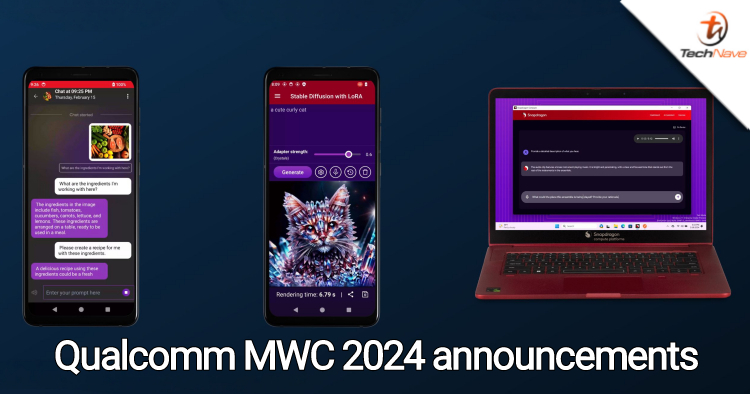
For MWC 2024, Qualcomm has plenty of announcements but most of them focus on AI and GenAI along with what we could expect in the future from Qualcomm powered devices. This includes smartphones that feature on-device AI and UWB connectivity along with PCs that are designed to run GenAI 3x faster than their x86 counterparts, so do read on for all the details.
For the normal consumer, On-device AI is set to appear in Snapdragon 8 Gen 3 chipset devices and onwards for AI features like generative fill and object erasure in photo editing, without having to access the cloud. While Qualcomm is continuously working to save both energy and storage, initial estimates show that such AI will take up to 4GB of storage on these devices. These include LMM or Large Multimodel Models and LoRA or low rank adaptation image generation on Android smartphones.
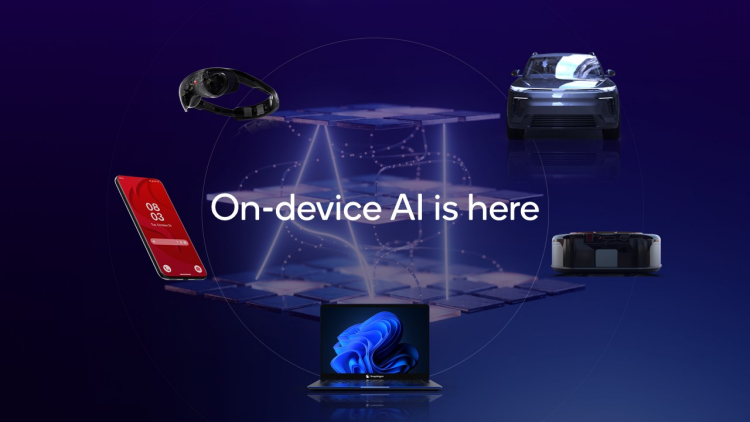
PC users on the other hand, may soon get laptops and devices powered by the Qualcomm Snapdragon X Elite platform, which is designed to deliver better AI performance (eg: Stable Diffusion) 3x faster than x86 rivals. For connectivity, Qualcomm have announced their FastConnect 7000 chipset for Wi-Fi 7, Bluetooth and UWB that offers better performance, lower latency and lower-power requirements along with the Snapdragon X80 5G Modem-RF system for stable 5G Advanced connections.
For the developers, Qualcomm have announced their AI Hub featuring more than 75+ AI models for fast and customized deployment of on-device AI across various devices. No exact Malaysia release dates or brand names were mentioned at the moment, but a number of devices like the Samsung Galaxy S24 Ultra, Honor Magic 6 Pro, OPPO X7 Ultra and Xiaomi 14 Pro already use the Snapdragon 8 Gen 3 chipset.
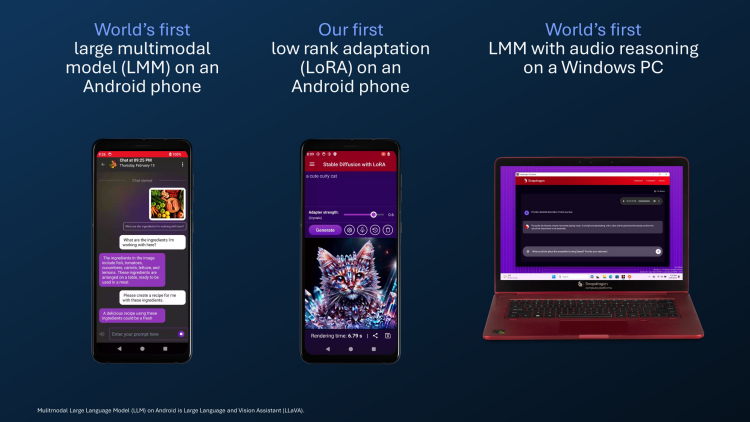
For those who don’t know, UWB or Ultra Wideband is a connectivity technology that is often used for low-power tracking like Smart Tags and in the future, could be used as digital car keys using just your smartphone. Many of the technologies mentioned above are already being implemented for their midrange chipsets like the Snapdragon 7 Gen series, so we could also see such features coming to the midrange as well.
What do you think? Would this make it even more of an incentive to get Qualcomm powered devices for your smartphones and PCs? Share your thoughts in the comments below and stay tuned to TechNave.com




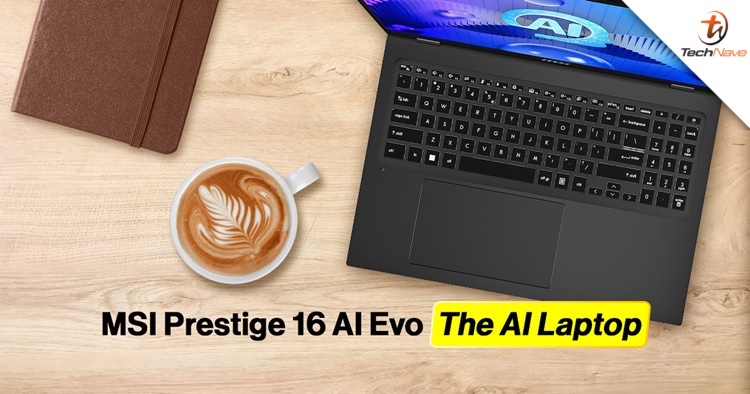

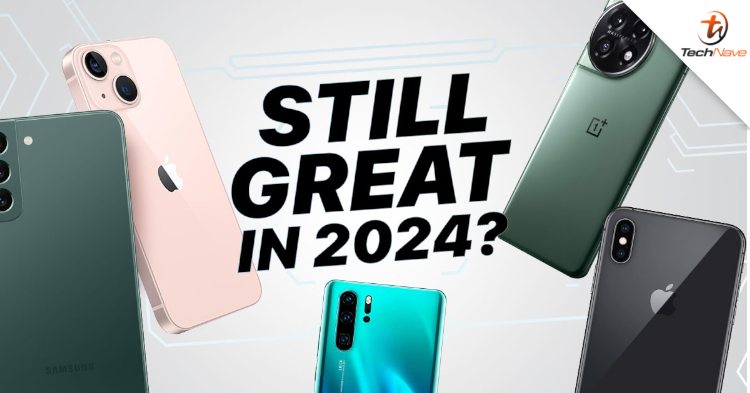


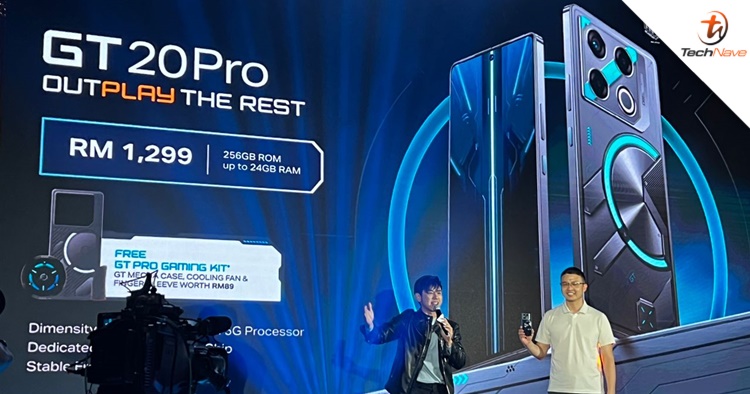
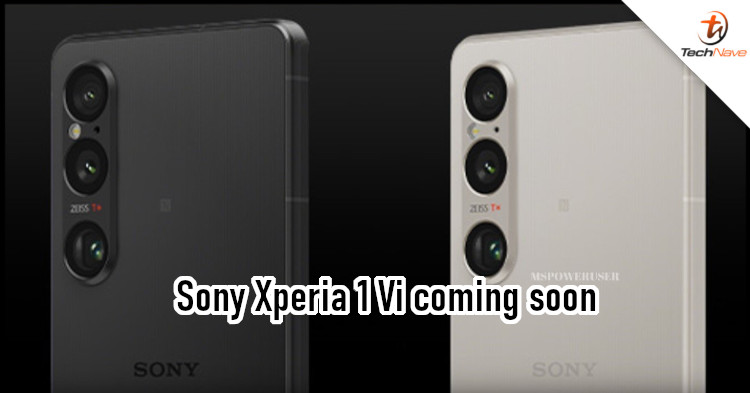

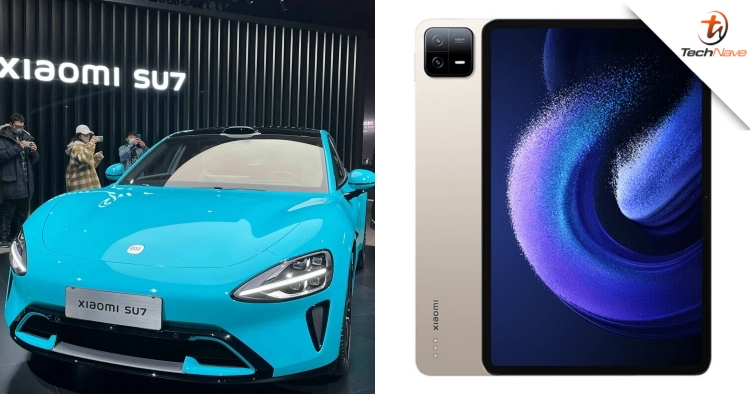
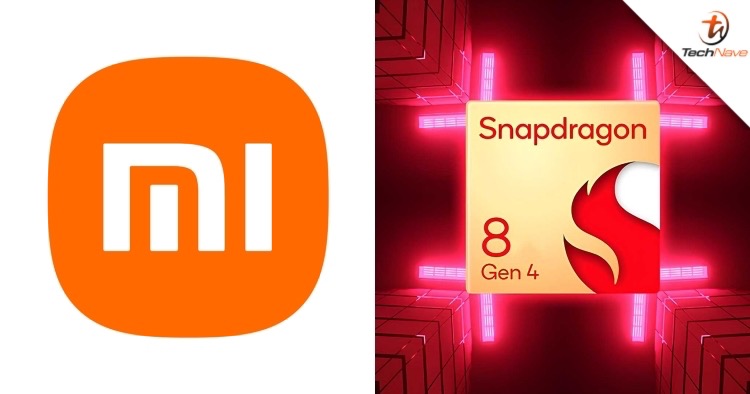
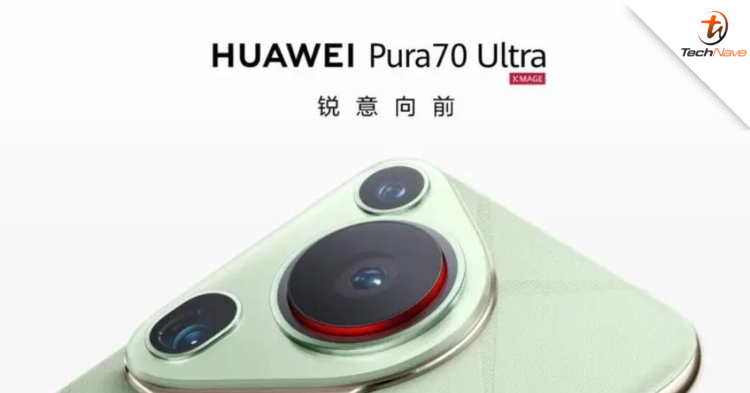
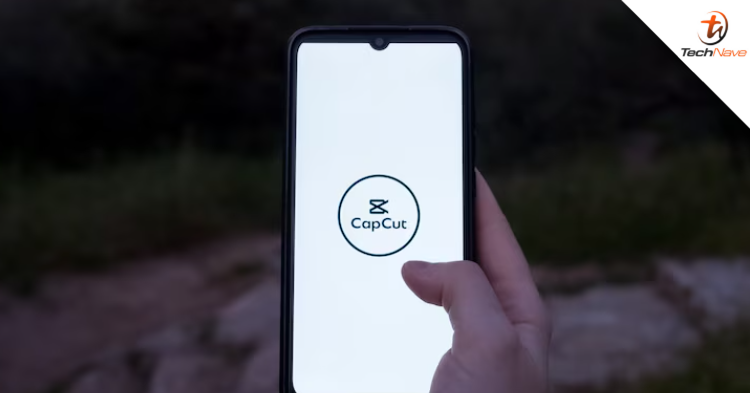

COMMENTS